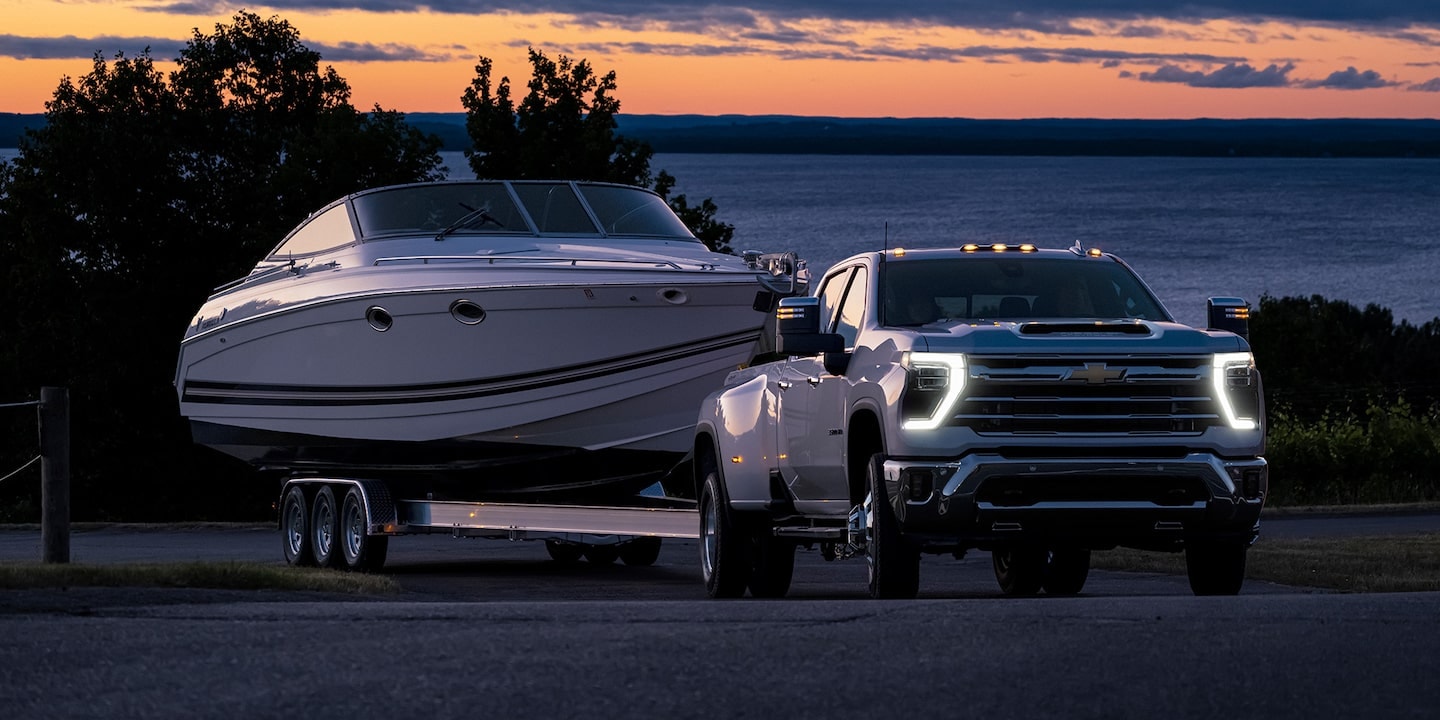
Part of getting the most out of your new Chevy vehicle is understanding its limitations. Chevrolet has long provided drivers with supreme towing capabilities, but even these remarkable vehicles can become encumbered by overloaded payloads. Overloading your Chevrolet vehicle can open up a world of difficulty for you, but will be most impactful on these three different areas in your vehicle’s toolkit.
Structural Decay
The limits of towing aren’t just arbitrary numbers; they are structural limits determined by frame strength, axle weight, and the components used to build your vehicle. As good as Chevy trucks are, they’re not immune to the laws of physics. Towing and hauling past its capabilities potentially cause severe mechanical and structural damage.
Overworked Engine
Heavy cargo and payloads also strain your vehicle’s powertrain. This results in decreased fuel efficiency, transmission overload, and a reduced engine lifespan. Even regular service visits and part replacements may not keep up with the strain towing overweight payloads puts on your vehicle, leading to catastrophic damage and expenses.
Safety Concerns
We know that a body in motion wants to stay in motion, and the more you’re carrying or towing, the greater your vehicle’s inertia. Loading beyond your vehicle’s limits severely taxes its brakes and safety systems, sometimes beyond their limits. For your and your fellow drivers’ sake, stay safe by observing your truck or SUV’s weight ratings.
Get More Towing Safety Tips at Keyes Chevrolet
A Keyes Chevrolet service technician can answer any lingering questions you may have about exceeding your vehicle’s tow rating. Between the concerns for your car and your safety, exceeding tow limits should be avoided at all costs. Call or visit our service center if your vehicle needs service, repairs, or an inspection!